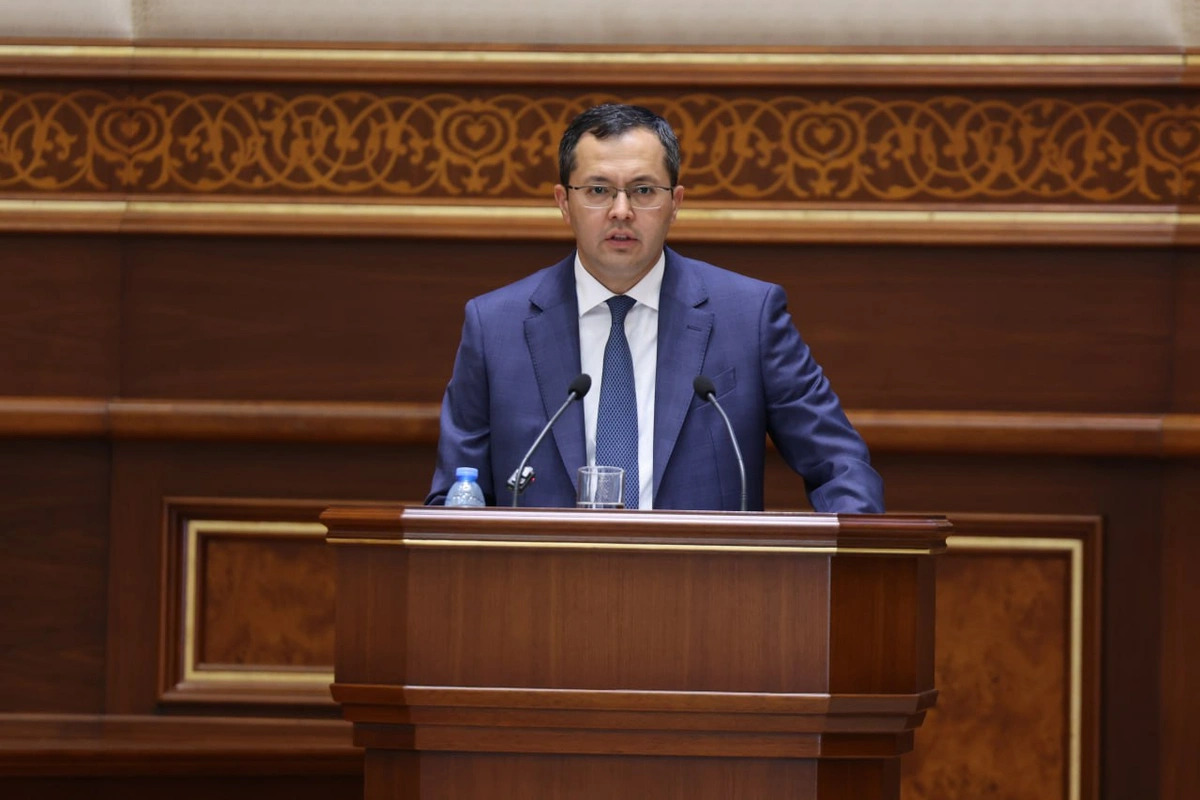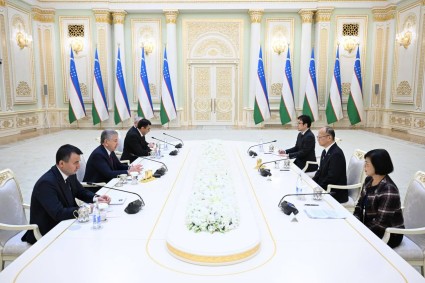The Central Bank is considering to regulate the Buy Now, Pay Later (BNPL) market, the governor of the Central Bank Timur Ishmetov said at the meeting of the Senate Thursday in the 2024 Central Bank report hearing.
According to him, as of January 1, 2025, the total volume of the BNPL portfolio reached 8.5 trillion soums (about $657.8 million). Of this, 26% falls to two microfinance organizations, 7% to banks and 67% to companies.
According to forecasts, the BNPL market will grow many folds every year.
“BNPL agreements do not clearly indicate the surcharge or the real interest rate. This leads to a significant increase in the credit burden of borrowers and creates the risk of non-payment on time of loans issued by banks and microfinance organizations and their transformation into problem loans,” Timur Ishmetov noted.
He added that there was a requirement for banks and non-banking organizations: the borrower's debt burden should not exceed 50%. However, most obligations under BNPL agreements are not recorded in the databases. As a result, the real debt burden of the public in the economy continues to grow.
“We are seeing cases when banks issue loans that exceed the debt burden figure, since they are unaware of the clients' obligations under BNPL. Based on this, the Central Bank has made a proposal to develop the necessary regulatory documents to regulate the installment market,” he explained.
Timur Ishmetov noted that the regulator does not oppose BNPL market participants, but proposes to enshrine in legislation the obligation to transfer information on BNPL to credit bureaus in order to create a complete picture of the debt burden.
He also proposed to oblige financial institutions to disclose full information on surcharges under BNPL agreements.
A study by KPMG Caucasus and Central Asia in April 2024 stated that the POS financing and BNPL market in Uzbekistan was estimated in the $450-500 million range in 2023. Two-thirds of the market were occupied by Uzum Nasiya and Alif Nasiya.
By 2027, the market is projected to grow to $1.5-2 billion.
KPMG notes that POS financing involves a markup on goods paid by buyers, which varies from 0% to 68% for BNPL for 3-12 months. Some market participants provide "classic" BNPL without markups for installments for 3-4 months, where the commission is paid by sellers.
The revenue of installment services in Uzbekistan has grown 25 times over six years - to 201.3 billion soums.
Despite the tighter loan terms, the debt burden of Uzbeks remains high, the Central Bank reports. In the car loan segment, the situation has improved, but the risks for microloans have increased. An increase in the number of borrowers with several loans may increase the risk of "contagion" between banks.












